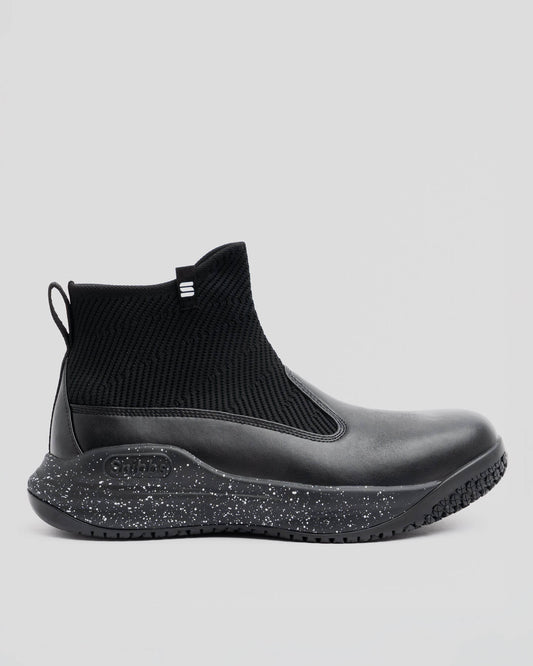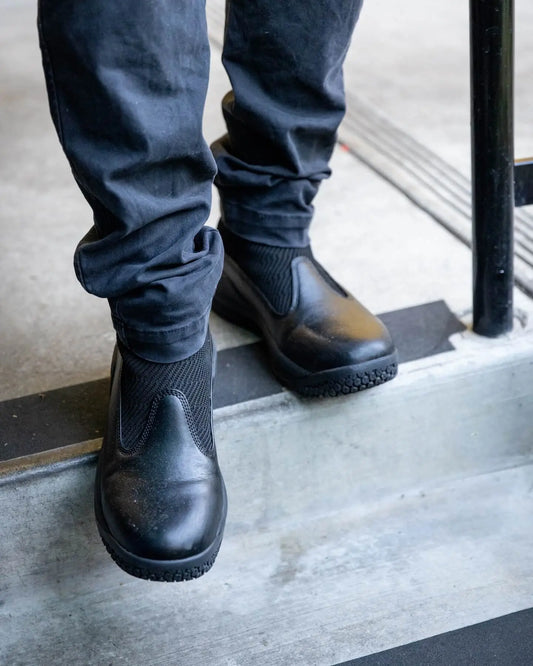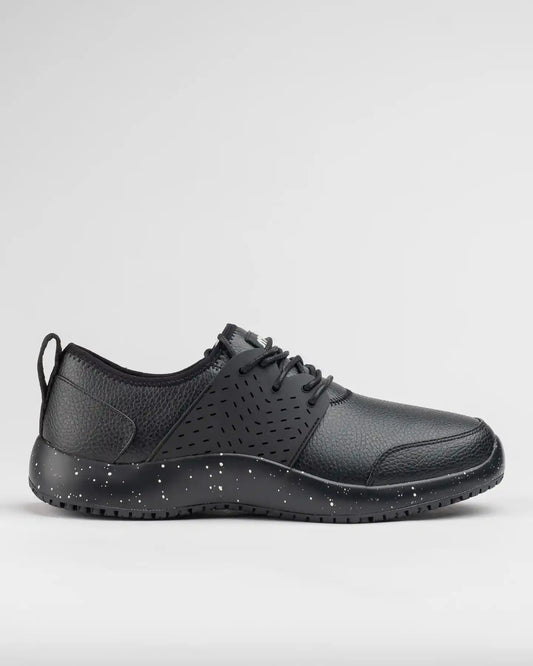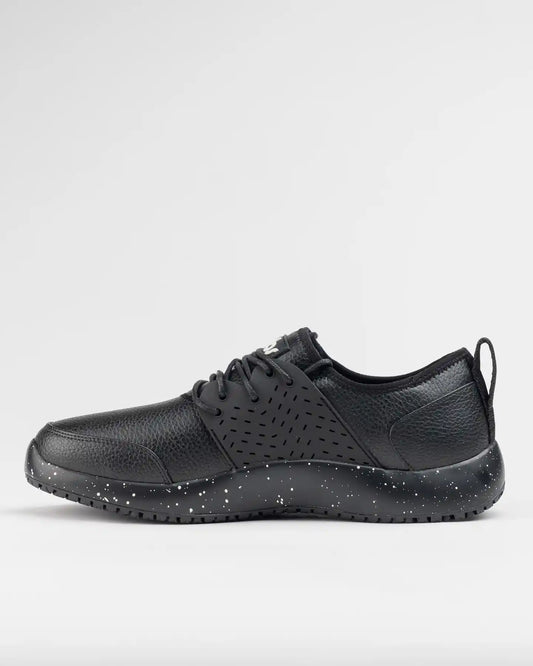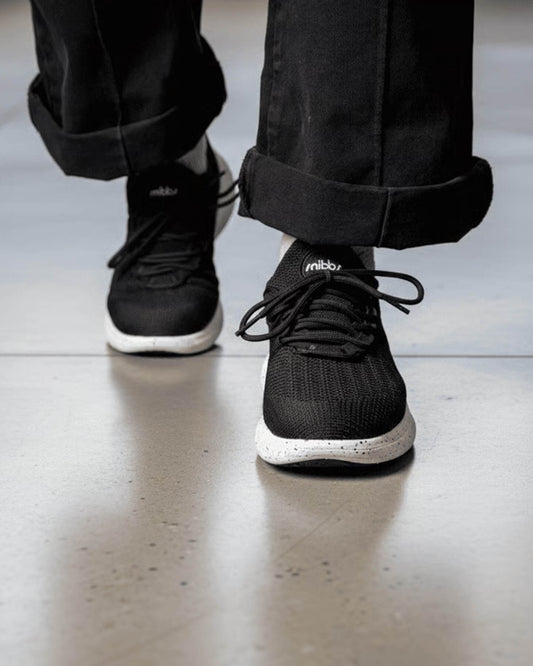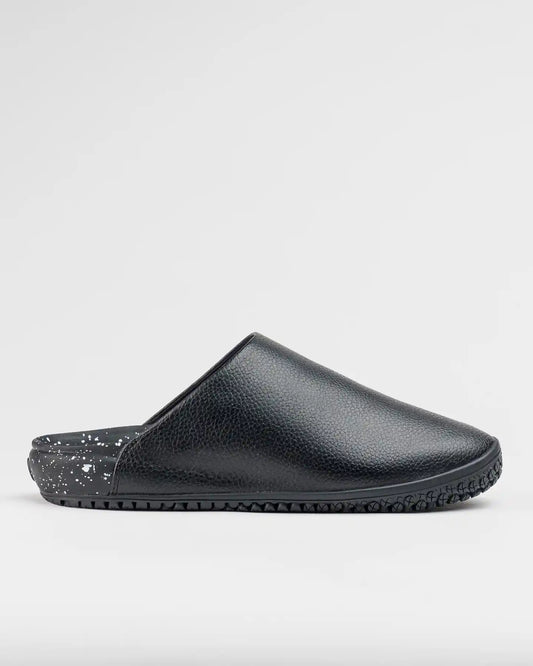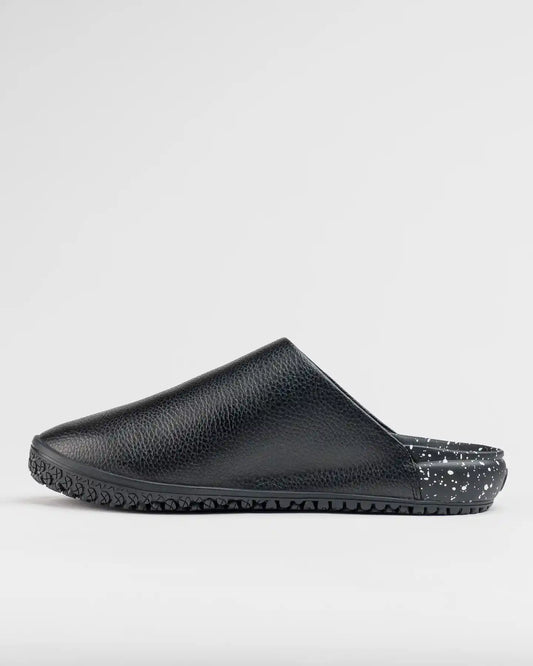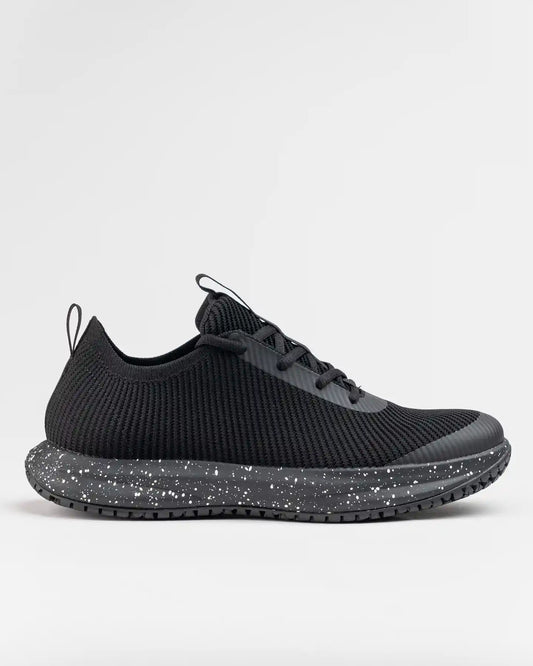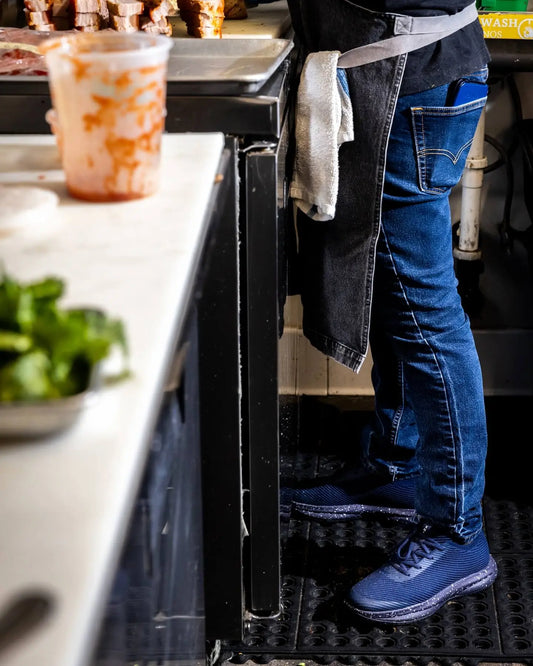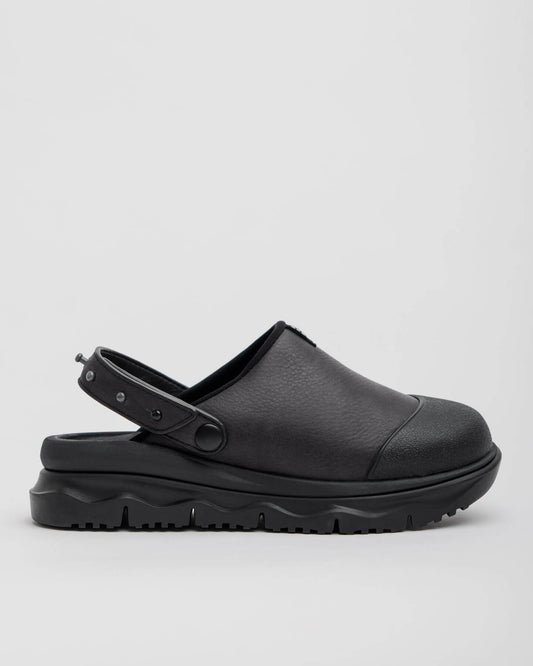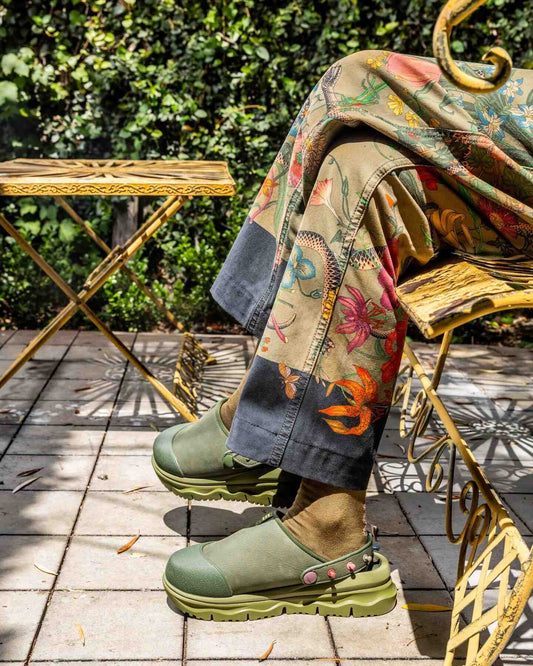How to Get Through Residency
Alex Kinejara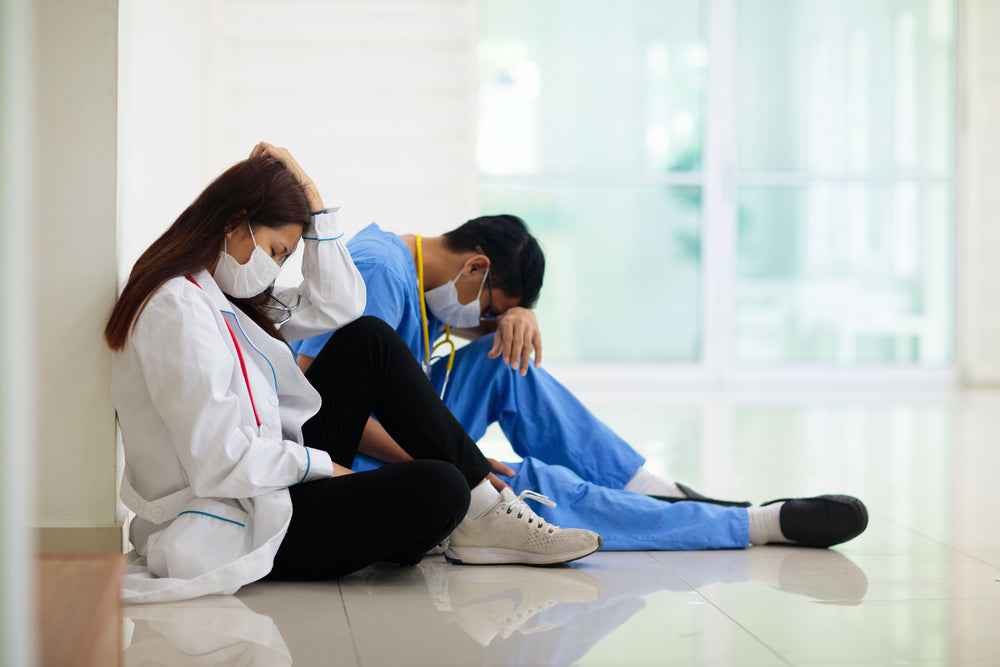
You’ve studied through years of medical school, drafted countless personal statements, dreamed of where you would land in health care, and finally made it to the next step: the residency program.
To navigate the diagnosing, managing, and treating of healthcare patients, you must equip yourself with the right tools to care for your mental, physical, and emotional health, too.
If you’re feeling the stress, take a deep breath and peruse our helpful guide on how to get through residency—we’re here to help every step of the way.
#1 Prepare Your Toolkit
The mindsets and habits you establish early in residency training are the building blocks of a successful career. While you’ll want to integrate a sustainable self-care routine to tend to your mental well-being, you can also create a residency toolkit with the everyday essentials you’ll need on the floor:
#2 Prioritize Your Health
You know that part of the Hippocratic Oath when you swear to do no harm? That includes yourself.
Your own well-being plays a vital role in how well you can perform during your residency. As such, you’ll want to remember to:
- Get seven to nine hours of sleep (when possible)
- Eat healthy meals
- Stay active
- Hydrate regularly
And be gentle with yourself.
Remember that mental health struggles aren’t something that you can simply “snap out” of, and many healthcare professionals do experience low moods, anxiety, and poor concentration as a result of burnout and fatigue. Self-care for healthcare workers is paramount to avoid various physician burnout causes and maintain mental health. Taking the time to prioritize your mental well-being with mindful meditation, breathing exercises, or even a nap can help build healthy and sustainable habits.
#3 Don’t Abandon Your Hobbies
Just because you’re a medical resident doesn’t mean you need to make it your entire identity. You are a full, whole person with hobbies, interests, and relationships that exist outside of working hours.
On your off days, go for a bike ride, sit down to dinner with friends, or visit a ceramics studio and throw some clay. Prioritizing purposeful activities that feed your soul can help your mind and body recharge.
#4 Build a Support Network
There’s that line that the most valuable part of a residency is your co-residents. Don’t let that be just a line.
Your fellow residents are going through the same experience as you—and they’re likely finding it just as difficult. There is no better resource for a supportive community than the people who will be by your side day in and day out.
Start a group chat for commiserating, sharing medical residency memes, and finding support when you need it. Not only will this community be a great resource when questions arise, but they’ll also be your biggest cheerleaders when things go your way.
#5 Remember, You Don’t Know What You Don’t Know
When you’re plunged into your medical residency and gaining clinical experience, it’s easy to forget that you’re still learning. Nobody expects you to know everything. Don’t be afraid of asking for help and seeking the guidance of seasoned professionals, including fellows, chief residents, department heads, and nurses.
“An experienced nurse often knows far more than a junior resident, and often has better developed clinical instincts,” Ronald J. Vender, MD, former chief medical officer at Yale Medicine, told the American Medical Association. “That’s one important reason to develop close working relationships with nursing colleagues.”2
Prepare For Residency With Snibbs
Residency is an exciting next step in your medical career. To adequately prepare, ensure you’re equipped with the proper tools and self-care habits.
To keep your eyes on the prize and your feet on the ground, add Snibbs to your residency checklist.
Our doctor’s shoes are formulated to provide wearers with plenty of support and style: They’re durable, slip-resistant, and waterproof. Plus they’re each equipped with an Ortholite® Insole for on-the-go doctors who spend hours on their feet.
Start your residency on the right foot with Snibbs slip-resistant work shoes.
Sources:
- KevinMD. What residents and medical students should wear in the hospital. https://www.kevinmd.com/2010/07/residents-medical-students-wear-hospital.html
- AMA. 6 top doctors reveal what you need to know during your residency. https://www.ama-assn.org/medical-residents/residency-life/6-top-doctors-reveal-what-you-need-know-during-your-residency



